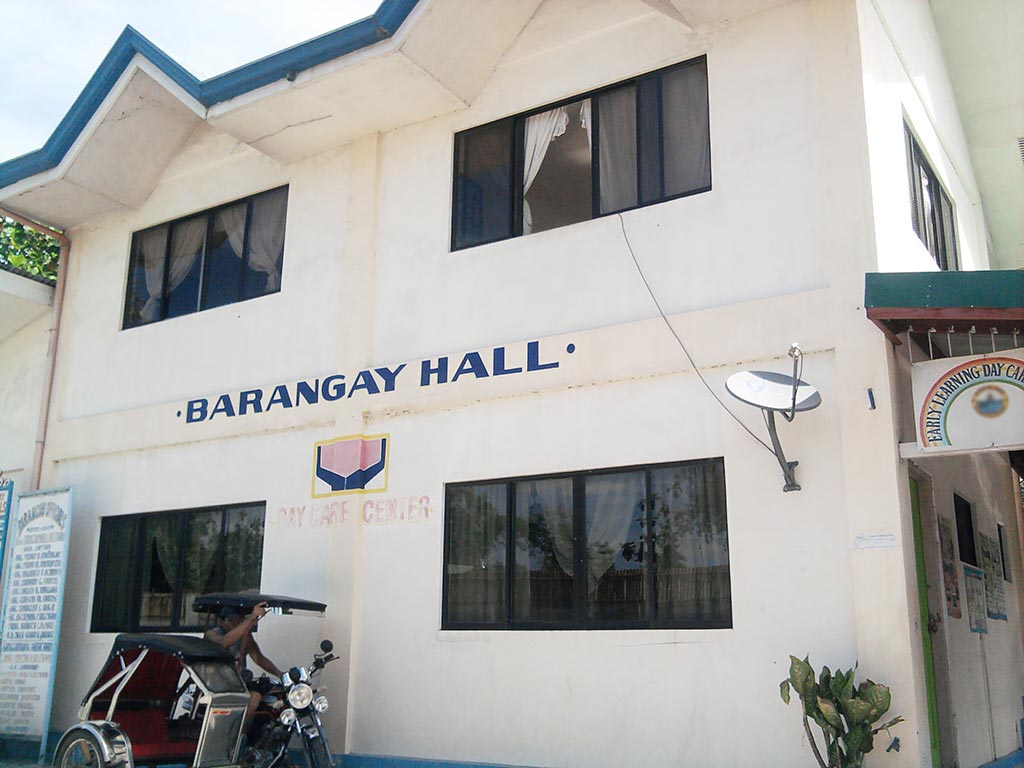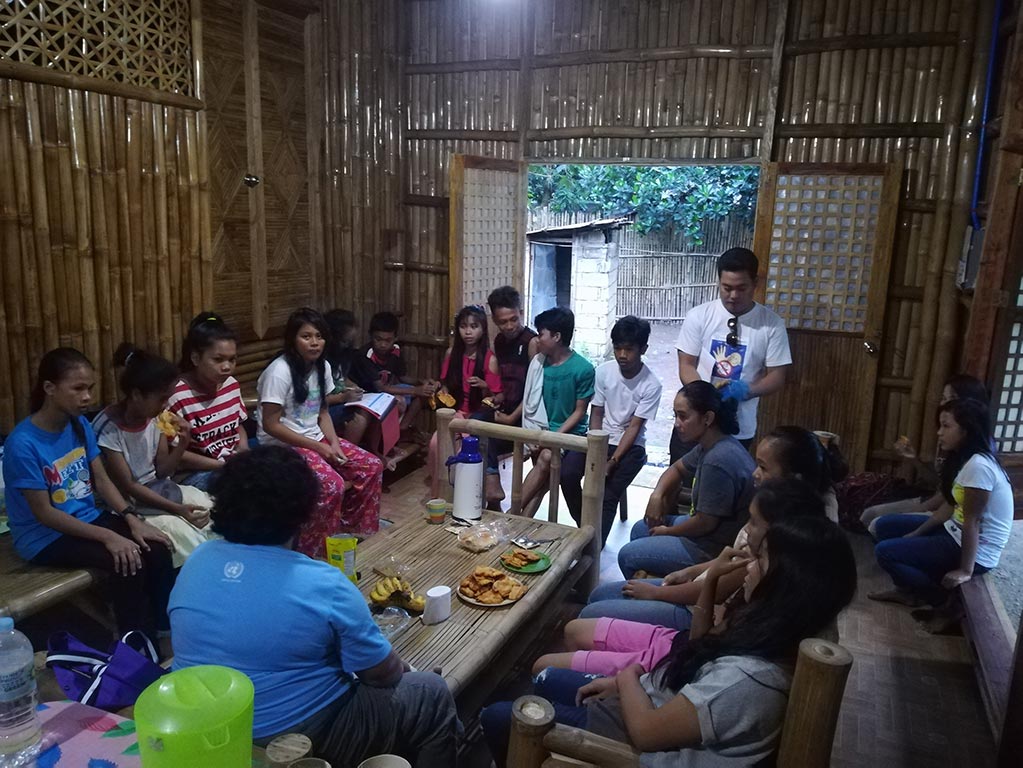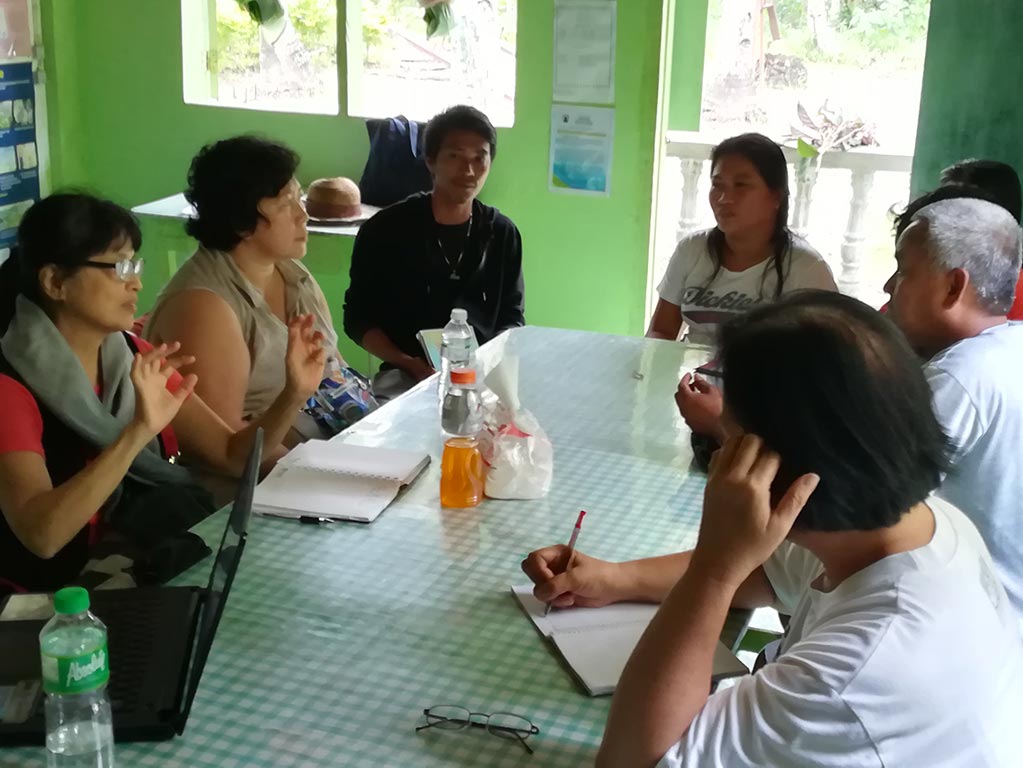Accessing the law and the legal system is often one of the last options of Filipino women to address violations of her human rights, if considered at all. Women’s lack of information about these rights, the law and where to seek help, and costs of legal services that women who are already economically disadvantaged cannot afford are factors that hinder them from accessing justice for women’s rights violations. The Barangay Justice System established by PD 1508 in 1978, and as strengthen by the Local Government Code of 1991, embodies the significant role of the barangay in widening Filipino people’s access to justice.
However, women experience discrimination in the barangay: officials lack gender sensitivity and awareness; the barangay officials and other local state actors discourages women from reporting or engaging in the legal process; they perpetuate the view that VAW is a “private” issue to be resolved by the parties involved or their families. Worse, in cases of domestic violence, barangay officials often mediate to reconcile the woman with her abuser despite RA 9262 which prohibits such acts. Despite these, women continue to organize and exercise leadership to address violations and change their own situations in their communities.
The Engendering the Barangay Justice System (EBJS), WLB’s core program directly engaging grassroots women and communities, aims to make justice more accessible to poor and marginalized women by:
- Advocating for local laws and policies promoting women’s rights and influencing local legislative processes
- Developing and supporting capacities of community women’s and their organizations for leadership and in engaging in feminist legal advocacy, and
- Building the body of knowledge and developing tools and resources for community-based women’s organizations and local partners
##




